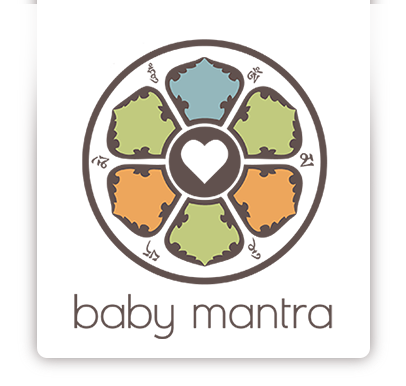Bottle Feeding and Breastfeeding at a Glance
Most expecting mothers, especially first-time mothers, wonder whether or not they should breastfeed or bottle feed their newborn. Most experts agree that breastfeeding is recommended and holds numerous advantages over bottle-feeding. However, many do not know what these advantages are, or if they are vital enough to choose breastfeeding over bottle feeding.
Breast and Bottle Feeding
Believe it or not, deciding whether to breastfeed or to bottle feed is one of the biggest decisions a mother can make. There are numerous factors that should be taken into deep consideration before any decision should be rendered. Speaking with your spouse is also a great idea when it comes to breastfeeding or bottle feeding, as this decision will not only affect the baby but the responsibilities of both parents, as well.
Bottle Feeding at a Glance
There are actually two ways to bottle feed. You can bottle feed your baby formula, or you can bottle feed your baby breast milk. There are advantages either way. Breast milk does offer numerous health benefits which we will discuss later, but formula is also very healthy. In fact, it's next to impossible to find a brand of baby formula that does not contain vitamins, minerals, or nutrients. Nearly every brand contains ingredients such as ARA& DHA, which are kinds of fatty acids which are believed to assist brain and eye development, and pre/probiotics which also provide a balance of healthy bacteria found in the digestive tract.Basically, if it says baby formula, consider it healthy.
Breast milk, on the other hand, offers many advantages when it comes to bottle feeding your baby, as well. Breast milk contains many things your baby needs. Yes, most of these things can be found in formula, but it becomes a matter of how baby gets these vitamins, minerals, and nutrients. Many contend that breastmilk has more concentrated and focused nutrients while others claim that formula can provide the same necessities. However, formula cannot provide colostrum, and this is seen as many to be a defining point in infant health. In any case, millions of babies have been raised on formula, and are quite healthy, nonetheless.
Breastfeeding at a Glance
There are numerous studies which most commonly suggest that breastfeeding is a highly recommended practice. These studies have found certain things to be more than likely related. Things such as babies who are breastfed become sick less often, children who were breastfed have a decreased risk for certain illnesses such as asthma and childhood obesity, and colostrum (the substance your breasts produce until full milk production) contains specialized antibodies that help your baby fight infection. While there are numerous other advantages to breastfeeding, one most commonly talked about, is bonding. Breastfeeding your baby is believed to strengthen the bond between mother and child, and offers a calming experience for both.
The bonding concept, however, does lead to yet another debated subject: whether similar bonding experiences can take place while bottle feeding. While there are no definitive studies which prove one over the other, it can be safely assumed that the experience of breastfeeding is unique, and can provide both mother and baby a chance to experience the moment together in unison.
Whether it is bottle feeding or breastfeeding, each can have advantages and disadvantages. It primarily depends on individual lifestyles and preferences, but either way, the choices you make will impact the beginnings of your child’s life.
